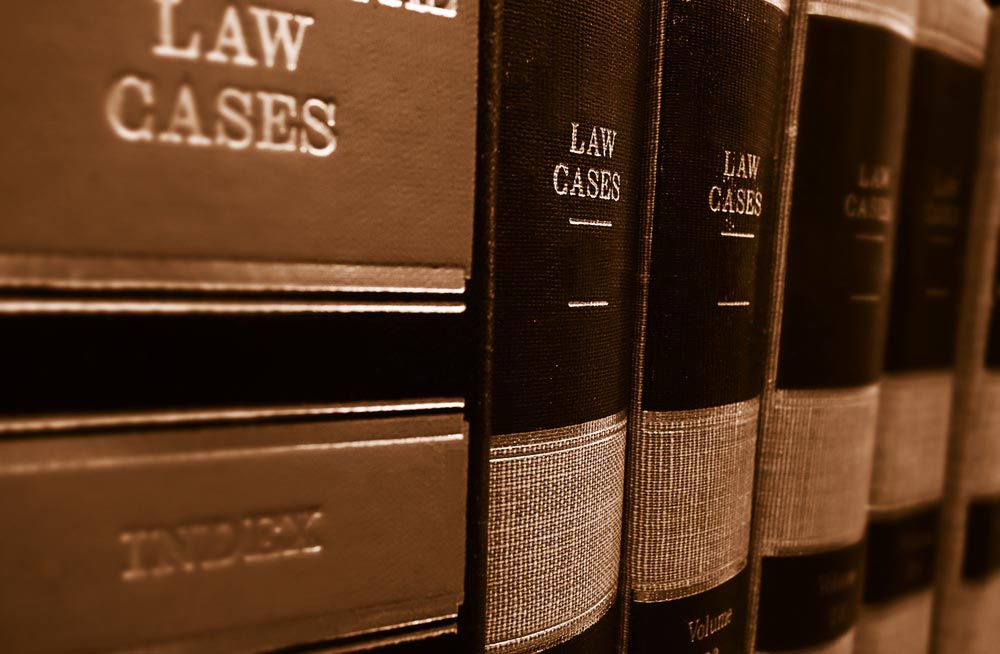How To Protect Your Assets During Divorce On The Gold Coast
Divorce is one of life’s most emotionally and financially challenging experiences. While every situation is different, one concern is almost universal—protecting assets and ensuring a fair division of property.
In Australia, divorce settlements follow principles designed to achieve fairness, not punishment. But fairness doesn’t happen automatically. It requires preparation, understanding and, most importantly, sound legal advice.
If you’re beginning the process of separation or divorce on the Gold Coast, here’s what you need to know about divorce asset protection, including practical steps and the role a family lawyer on the Gold Coast can play in safeguarding your financial future.
Understanding How Property Division Works
In Australia, the division of assets during divorce falls under the Family Law Act 1975, which applies to both married and de facto couples. The court looks at the total asset pool—everything owned individually or jointly—and then decides how it should be divided.
This pool can include:
- Real estate, including the family home or investment properties
- Superannuation
- Vehicles, shares, savings and business interests
- Personal belongings, furniture and valuable items
The law aims for a division that’s “just and equitable,” meaning the outcome must be fair based on each person’s contributions and future needs. However, without preparation, valuable assets can be overlooked, misrepresented or even hidden.
That’s why asset protection begins long before a property settlement is finalised.
Step 1: Get Legal Advice Early
One of the most effective steps in protecting your assets is seeking professional advice as soon as possible. A qualified family lawyer on the Gold Coast can help you understand your rights, obligations and the realistic outcomes for your situation.
Early advice helps you:
- Identify what forms part of the marital asset pool
- Understand how financial and non-financial contributions are assessed
- Learn how courts view factors like care of children or earning capacity
- Avoid costly mistakes, such as transferring or hiding assets—which can backfire legally
Even if you hope to resolve things amicably, professional advice provides clarity and ensures you’re protected from the start.
Step 2: Document Everything
Accurate documentation is the backbone of asset protection. Start by listing all assets and liabilities, both personal and shared. Include:
- Property deeds or mortgage details
- Bank statements and credit card accounts
- Vehicle registrations
- Business or company records
- Superannuation statements
- Insurance policies and tax returns
Keeping copies of receipts, valuations and records of ownership helps verify claims later on. A clear paper trail can prevent disputes or false claims about who owns what.
If you suspect your partner may try to hide assets, your lawyer can take formal steps such as requesting disclosure, subpoenaing financial records or applying for injunctions to prevent asset disposal.
Step 3: Separate Finances
Once you’ve decided to separate, it’s important to begin untangling your financial ties as soon as practical. Open your own bank account, redirect income and review any shared loans or credit cards.
Notify banks, superannuation funds and financial institutions of the separation, and ensure that any joint facilities—like redraw accounts or offset accounts—require joint authorisation for withdrawals.
Taking these steps doesn’t just protect you from potential misuse of funds; it also demonstrates to the court that you’ve taken reasonable measures to manage your finances responsibly.
Step 4: Avoid Informal Agreements
In the early stages of separation, some couples make informal agreements to “keep things simple.” While this may seem cooperative, it’s risky. Unless your financial settlement is formalised, either party can later make further claims.
There are two legally recognised ways to finalise a property settlement:
- Consent Orders – Approved by the Family Court, these confirm that both parties agree to the division of assets.
- Binding Financial Agreement (BFA) – A private contract prepared with the help of lawyers that sets out how assets will be divided.
Both options provide certainty and prevent future disputes. A family lawyer can advise which is best suited to your situation and ensure it meets all legal requirements.
Step 5: Understand Superannuation and Business Assets
Many people underestimate the value of superannuation or assume business assets are automatically protected. In reality, both can form part of the property pool.
For superannuation, courts can order it to be split between parties, even if it’s in one partner’s name. Valuation and division require careful attention to detail, as not all funds are equal.
If you or your partner own a business, its value may include not just tangible assets but also goodwill or intellectual property. It’s crucial to obtain an accurate valuation from a qualified accountant or business valuer to ensure fairness and avoid underestimation.
Step 6: Protect Inherited or Pre-Marital Assets
Assets owned before marriage or received as inheritance can sometimes be protected, depending on how they’ve been used. If an inheritance or pre-marital property has been kept separate and not used for joint benefit, it may be treated as an individual contribution.
However, if that asset has been integrated—such as using inherited money to pay down a mortgage—it’s likely to be included in the overall property pool.
A lawyer experienced in protecting assets during divorce can help you argue that certain assets should be treated differently, based on their origin and how they were used.
Step 7: Consider Future Needs
The Family Court also considers the future needs of each party. This includes factors like age, health, income, care of children and ability to earn. Even if your contributions were equal, these needs can shift the balance.
If you’re the primary caregiver or your earning potential is limited, your lawyer can advocate for an adjustment that reflects your circumstances. Conversely, if you’ve made significant financial contributions, you’ll want to ensure they’re recognised.
Planning for future stability is just as important as dividing current assets.
Step 8: Stay Transparent and Cooperative
It might sound counterintuitive, but honesty is one of the best forms of asset protection. Full disclosure prevents complications later, and courts take a very dim view of attempts to hide or undervalue assets.
Being transparent with your lawyer and providing all relevant documents ensures your representation is accurate and strategic. Cooperation also increases the likelihood of reaching an agreement outside court—saving time, stress and cost.
Step 9: Review Wills and Estate Plans
Divorce affects more than just shared property—it can also impact your estate planning. Once separation occurs, review your will, superannuation beneficiaries and power of attorney arrangements.
Many people forget that superannuation and life insurance don’t automatically update after divorce. If your ex-partner remains listed as a beneficiary, they may still inherit those funds. Updating these documents ensures your assets go to the right people.
Step 10: Don’t Rush the Process
It’s natural to want a quick resolution, but rushing often leads to regret. Property settlements made under emotional stress can overlook details or undervalue assets. Take time to understand your options, gather documents and seek professional advice before signing anything.
A calm, methodical approach will almost always yield better long-term outcomes.
The Role of a Family Lawyer
A family lawyer on the Gold Coast offers more than just representing you in court. Their role is to provide guidance, negotiation and protection throughout the entire process. They can:
- Assess your financial position and explain how the law applies to your case
- Prepare and review legal agreements like Binding Financial Agreements or Consent Orders
- Ensure full financial disclosure from both sides
- Negotiate settlements that protect your interests and reduce conflict
- Represent you if court intervention becomes necessary
Having an experienced lawyer also brings peace of mind. They’ll anticipate challenges, prevent costly mistakes and work toward a settlement that reflects your contributions and needs.
Do You Need a Family Lawyer on the Gold Coast?
Divorce doesn’t have to mean financial ruin. With early legal advice, careful planning and a clear understanding of your rights, it’s possible to protect what you’ve worked hard for and move forward with stability and confidence.
Asset protection isn’t about winning or losing—it’s about fairness, security and rebuilding your future on solid ground. If you’re facing separation or concerned about protecting assets during divorce, speaking with an experienced family lawyer can be a good first step. If you’re located on the Gold Coast and would like assistance, get in touch with EV Law today.







